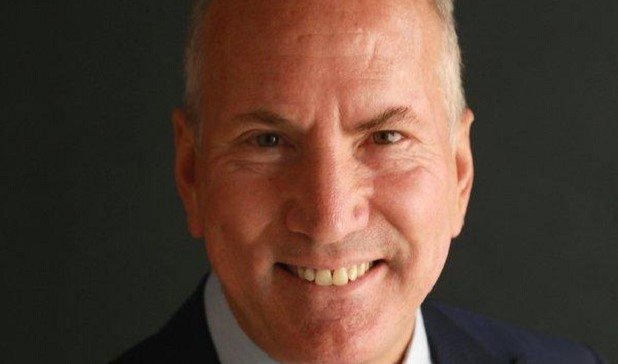 Stephen Rosenberg, Greystone's founder and chief executive officer.
Stephen Rosenberg, Greystone's founder and chief executive officer.CHICAGO—The skilled nursing industry is in the midst of some profound changes, including a significant shift in who owns such properties. These regulatory, operational and market challenges were on the minds of the more than three thousand attendees at the National Investment Center's Fall Conference, held this week in Chicago. At the conference, GlobeSt.com sat down with officials from Greystone, a New York-based lender that also owns and operates a large number of properties for seniors, to discuss the sea change taking place.
One of the big realizations within the skilled nursing industry in the past few years is that it's difficult to operate on a national scale, Mark R. Jarrell, head of the portfolio lending group, tells GlobeSt.com. The regulations that govern such businesses are unique to each state, and some can be quite stringent. Local knowledge, and personal relationships with regulators, can be the key to a successful operation.
“There is a lot of discretion in the system,” he says, and regulators need to know and have confidence in operators' ability and experience. “Ten years ago, everyone wanted to be a big national player, but it's hard to create those relationships in 50 states.”
“It has increased the barriers to entry,” adds Stephen Rosenberg, Greystone's founder and chief executive officer. Giant national investors now seem reluctant to enter the skilled nursing sector, and the growing fines and penalties, as well as patient litigation, have “pushed a lot of large operators to start disposing of facilities. This is one of those industries where bigger is not necessarily better.”
In addition to large operators exiting the sector, small operators, including Mom-and-Pop outfits, nonprofits, and government agencies, are also having second thoughts about skilled nursing, according to Jarrell and Rosenberg.
Historically, many counties ran skilled nursing facilities, but in a time of budget cuts that may not make sense anymore. And other small operators may not keep enough cash on hand to act quickly to acquire new technology, a far greater concern than in the past.
In a recent survey of non-profit and privately-held seniors housing and skilled nursing C-level executives, administered by Marc Zimmet of Zimmet Healthcare Services Group, 63% of respondents said skilled nursing providers can no longer continue to be independent players in the post-acute care continuum.
All of these pressures are fueling acquisitions, as regional operators absorb facilities from both the big and small players. Such groups combine knowledge of local markets with the financial wherewithal and expertise the Mom-and-Pops can't match.
“These transactions create opportunities for people like ourselves,” Rosenberg says. Greystone offers a broad suite of lending, investment and advisory services. That includes a HUD-insured permanent financing platform and available lending options across Fannie Mae, Freddie Mac, bridge, mezzanine, and JV equity platforms.
Greystone's bridge lending platform has seen a 150% increase in year-to-date originations over last year, and now has a capacity of up to $3 billion from a debt fund closed earlier in 2018.
When making investments or loans, Greystone seeks out capable operators, Jarrell says, and an especially important factor is the relationship between a facility's administrators and local hospitals. Due to changes in government reimbursements, which reward health outcomes, not just services provided, hospitals now take more interest in where they send patients. And it's a good sign if a facility has a lot of residents who were referred by hospitals.
“We now have a dedicated team that identifies strong operators,” Rosenberg says. An increasingly common transaction for Greystone is the sale-leaseback, which allows talented groups to monetize their property and continue providing care. Such deals also make it easier to access the best technology, including software that manages electronic medical records and analyzes data. As a result, “the people that we think are the best can stay the best.”
© Touchpoint Markets, All Rights Reserved. Request academic re-use from www.copyright.com. All other uses, submit a request to [email protected]. For more inforrmation visit Asset & Logo Licensing.







